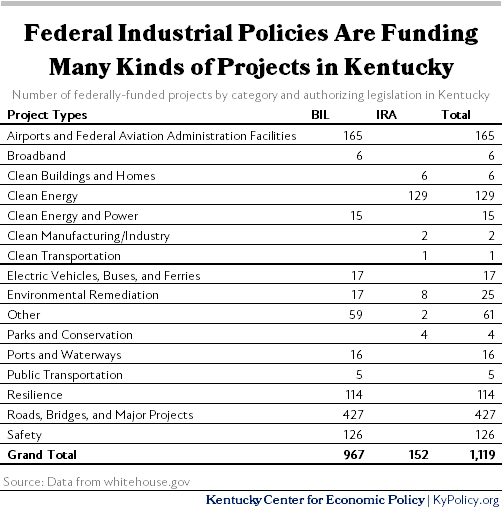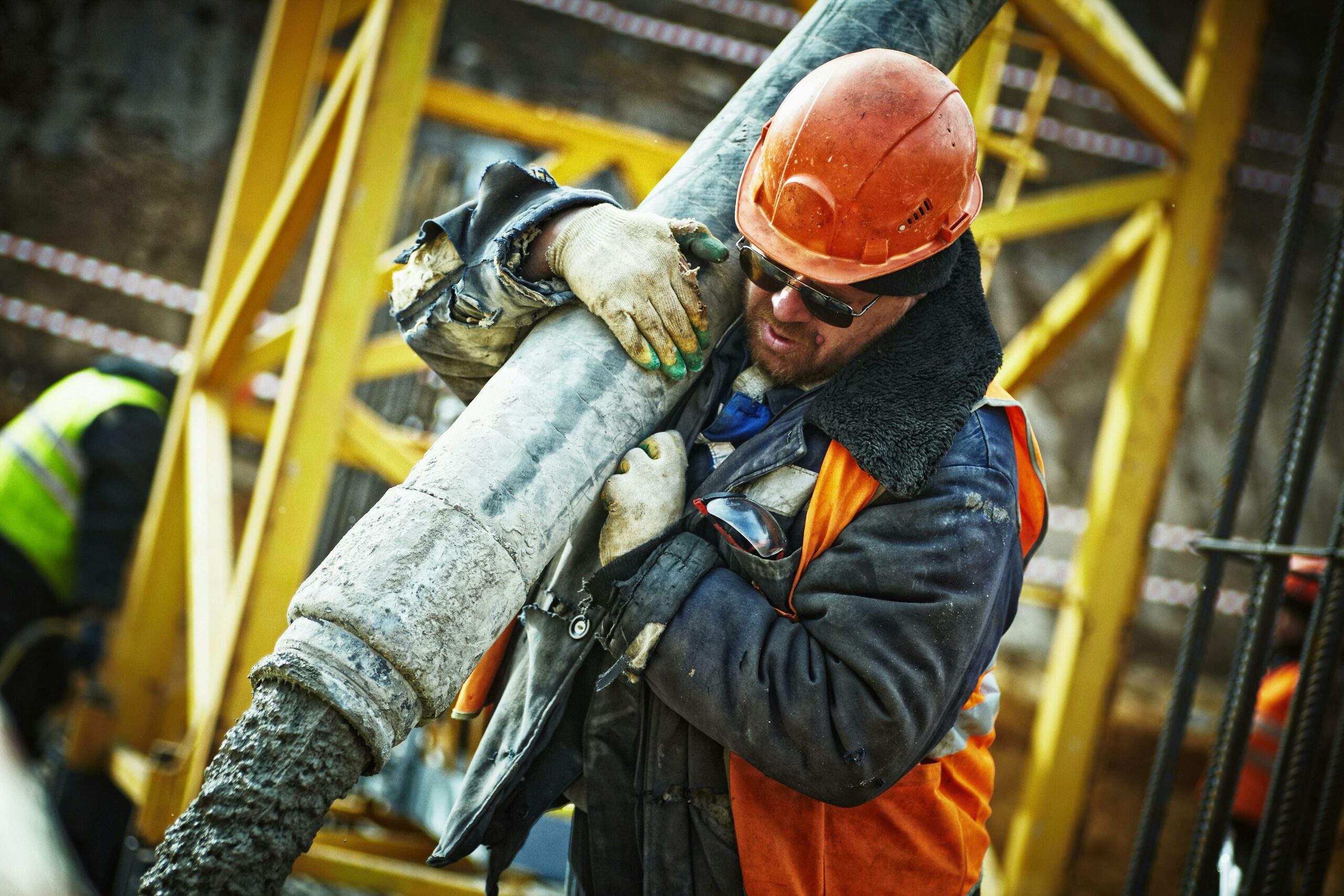Two recent federal industrial policies, the Bipartisan Infrastructure Law (BIL) and the Inflation Reduction Act (IRA), have led to significant investments in modernizing Kentucky’s infrastructure and advancing clean energy and community resiliency in the face of increasing natural disasters. In addition to addressing the state’s many needs in these critical areas, the federal funds have been a boon to our economy and helped create jobs. Federal data shows over 1,100 projects totaling $4.1 billion have been funded across all but two Kentucky counties.
This new investment is a great start, but the state has an opportunity to draw down billions more in federal funding for additional projects over the next several years, and the quality of the jobs they create depends significantly on how projects are implemented.
The purposes of these projects run the gamut from clean energy to environmental cleanup to traditional infrastructure like roads, bridges, waterways, airports and broadband. The BIL has funded 967 Kentucky projects (with a total investment of $3.7 billion), while the IRA has funded the remaining 152 projects (at $413 million).

These federal investments have benefitted communities across Kentucky, including rural parts of the state .There are particularly significant investments in Christian County, where a total of $480 million was invested in battery manufacturing through the BIL; Livingston County, which received $465 million in BIL funding to improve the Kentucky Lock and Dam on the Tennessee River; and Shelby County, where the IRA provided $270 million for a recycling facility. Another large federal investment is in Kenton County, which received $250 million for the Brent Spence Bridge corridor.
At the same time these projects are making critical improvements in many Kentucky communities, they have also created a significant number of jobs. That’s been particularly true in construction, which has grown twice as fast as any other sector compared to its pre-pandemic employment numbers. The quality of the jobs, however, is largely dependent on what is included in the specific project proposals. While many of these federal funds require or encourage projects to meet certain job quality standards, state and local governments and businesses applying for these funds can make their applications more competitive by committing to use responsible contractors and union labor and by practicing local and targeted hiring. In addition, Community Benefit Agreements are a way that community groups can ensure that the localities where the projects are located succeed alongside the businesses that profit from the work.




